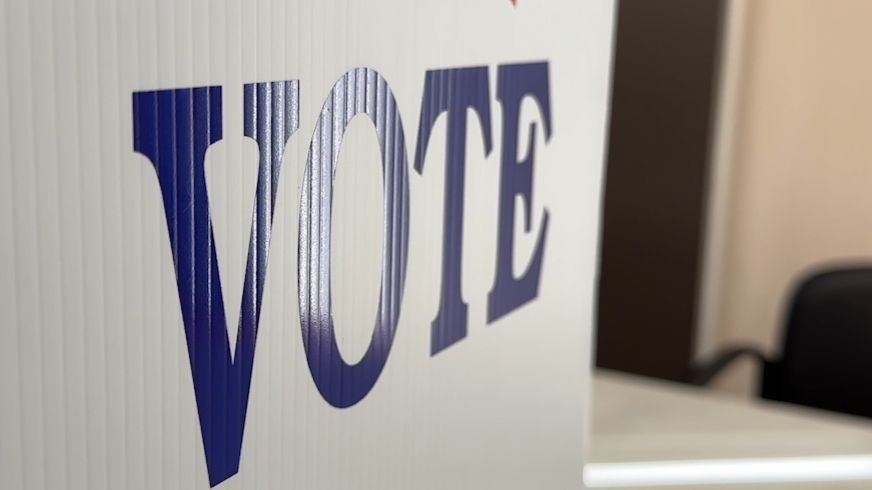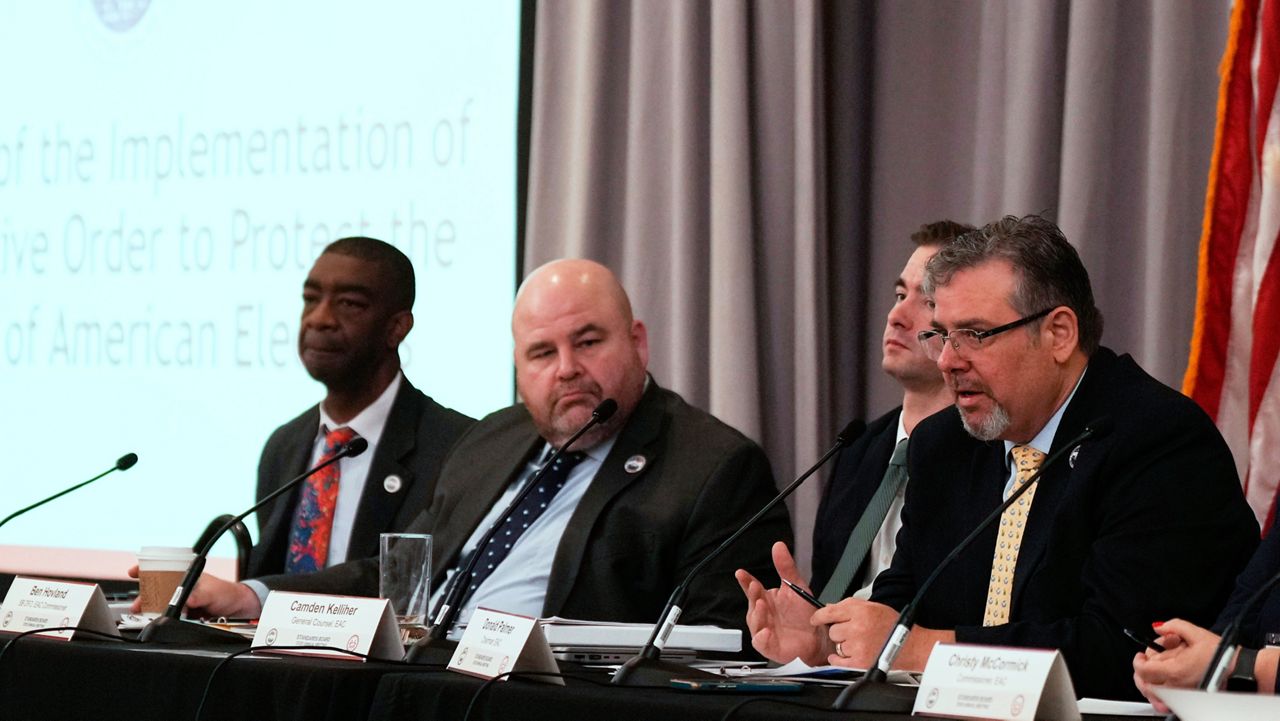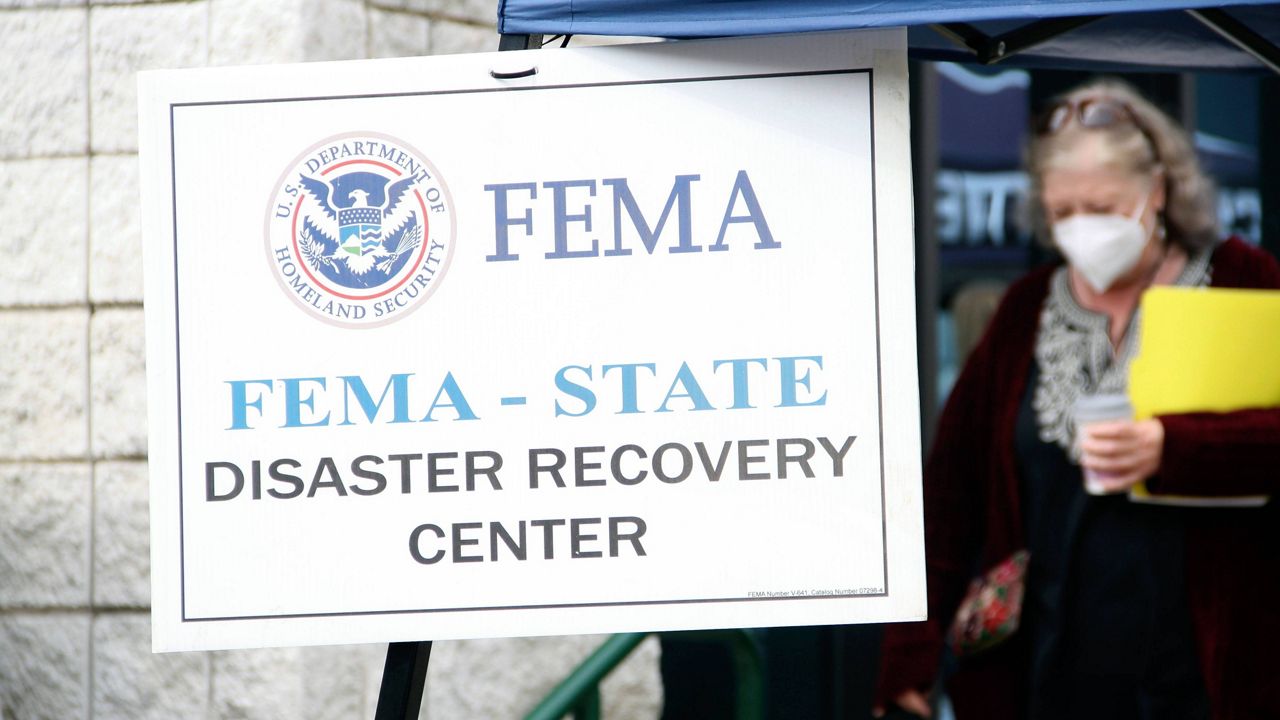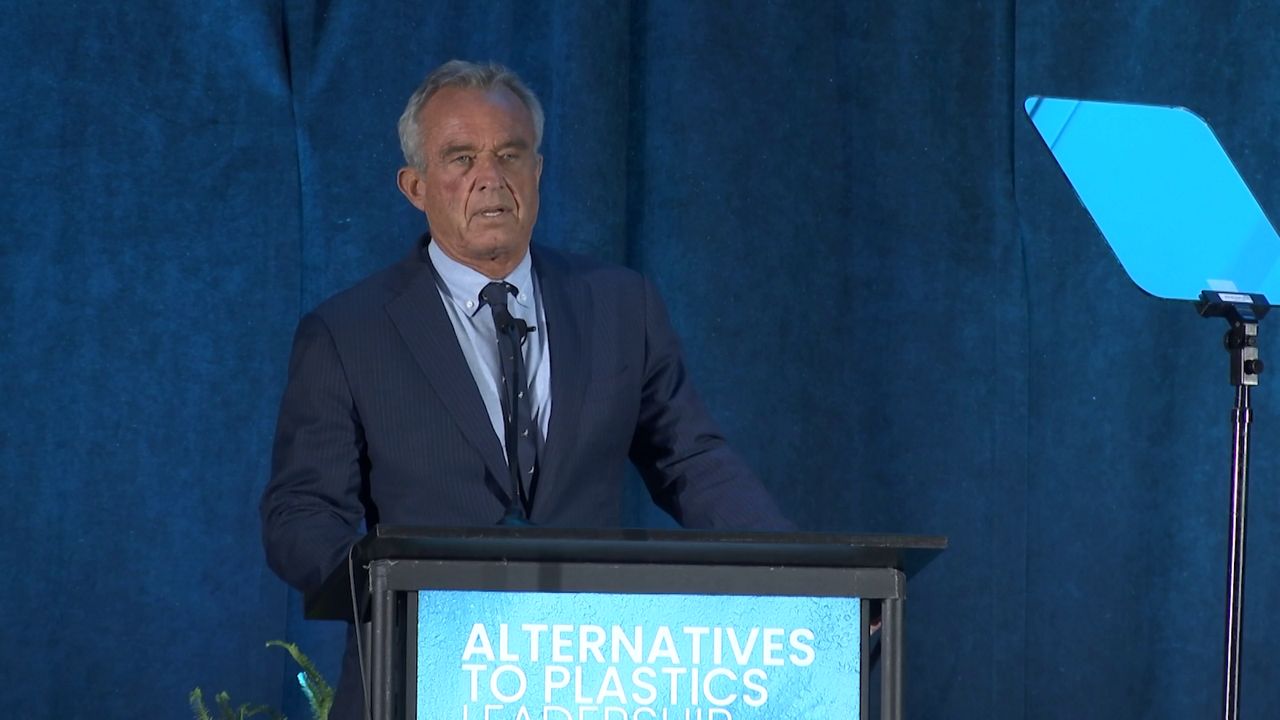Wynn Welch was 11 years old when she first started sneaking around the house with her sister smoking. Eventually, as she got older, the addiction resulted in her smoking a pack or pack and a half of cigarettes a day.
“I was definitely addicted to the menthol,” Welch said.
Menthol is a chemical compound that inside a cigarette can create a cooling sensation in the throat, which makes it easier to inhale and harder to quit.
For years, tobacco companies aggressively marketed the cigarettes to the Black community.
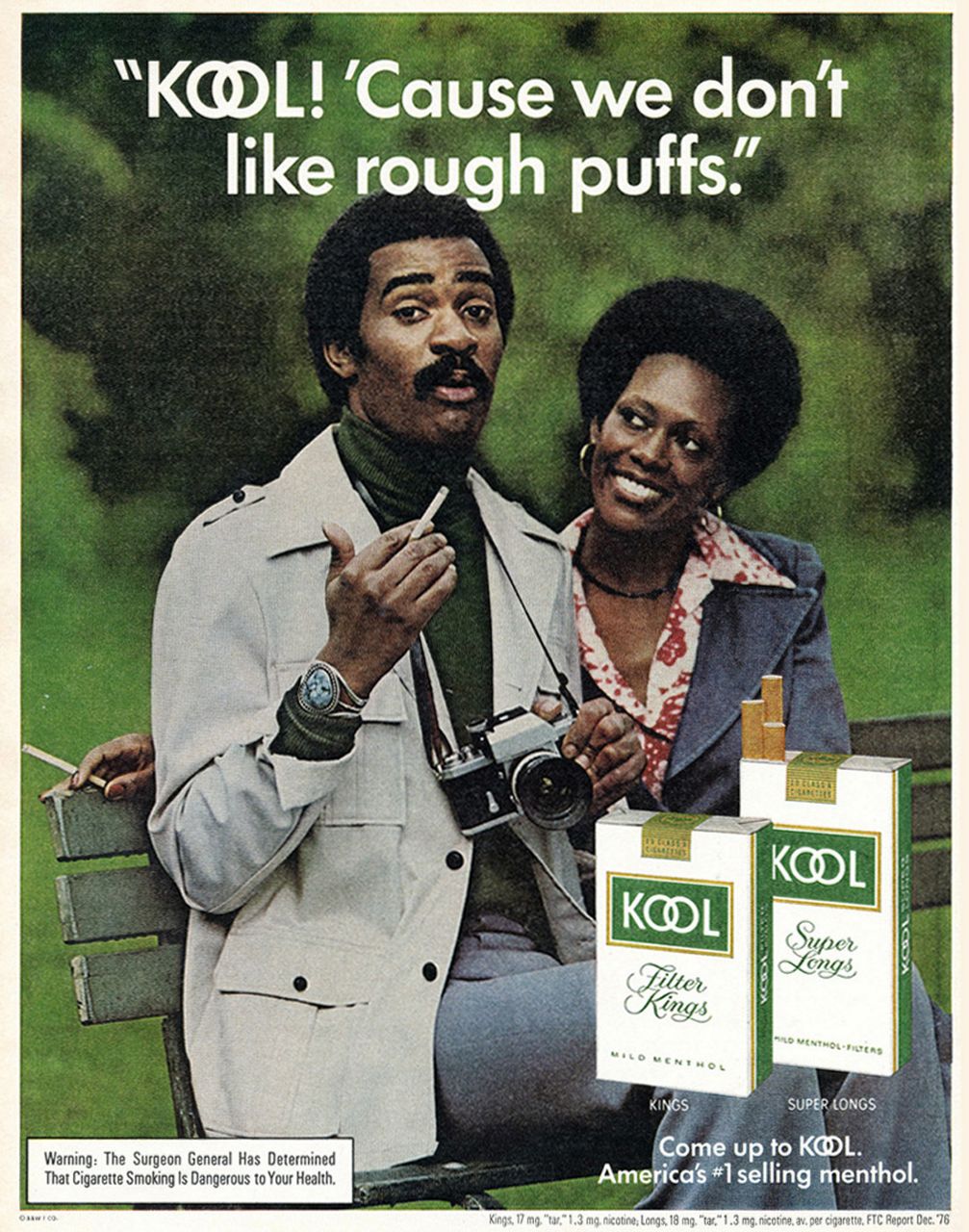
At the time, relatively few African Americans smoked. Big tobacco saw targeting them as a way to grow their business, at a time new public health concerns about smoking threatened to shrink it.
“The industry saturated African American predominate areas…plastered them with billboards for menthol cigarettes, gave away free samples on the street…gave money to the NAACP,” said Stanford University Professor Emeritus Dr. Robert Jackler. “It was extraordinarily effective, something like 85% of African American adults who smoke do so with the menthol brand.”
Welch, who grew up in the Midwest and lives in Milwaukee, Wisconsin currently, said menthols were everywhere.
“Basically, all of my friends smoked cigarettes…we [were] all addicted to that menthol,” Welch said. “The Kool cigarettes [were] the cool thing in Chicago, Illinois. Not Newports, but Kool cigarettes.”
Welch said she smoked menthols for years.
Despite kicking the habit, she was diagnosed with lung cancer at 58, which later spread to her brain.
“You think like it can’t be me. I haven’t smoked cigarettes in so many years. I can’t have cancer…I cried like a baby,” Welch said. “One of the surgeons just held me and said, it will be OK, it will be OK.”
Potential Health Effects of a Ban
The Food and Drug Administration (FDA) has been trying to ban menthols for years.
One reason President Joe Biden is considering approving the ban is the harm the cigarettes are causing African-Americans.
The FDA said getting rid of menthol could prevent hundreds of thousands of smoking deaths over several decades. A significant number of them would be Black Americans who disproportionately smoke menthols.
Potential Economic Impact of a Ban
In Eastern North Carolina, the sweet smell of tobacco swoops over the area’s farmland.
As a whole, North Carolina produced 260,000 pounds of tobacco last year. In 2022, the crop generated more than a half-billion dollars in economic activity for the state.
That’s a fraction of what it once was, but tobacco is still a key part of the local economy.
Linwood Vick has 800 acres.

“Trying to make a living farming is tough, but it’s just an honest day’s work. It’s just something i really enjoy doing,” Vick said.
By banning menthol cigarettes, Vick argued it would put 100 of his employees at risk and have a detrimental effect on communities like his.
“I think we all know cigarettes are not healthy for you. But it is an adult choice, an adult privilege that we have,” said Vick, who co-owns Vick Family Farms. “The unintended consequences of a menthol ban would cause illicit trade. People are still going to want menthol cigarettes, and we have learned in the past, prohibition doesn’t work for things.”
The tax foundation estimates a ban on menthol cigarettes would cost states and the federal government $6.6 billion in tax revenue the first year. Tobacco companies and businesses like convenience stores also would be hurt.
Political Considerations
If Biden puts in place a ban, there are some people who think that could hurt him at the polls in November with Black voters. The African-American community is key for Biden winning re-election.
Jackler doesn’t buy the argument.
“What I have found, when you make smoking inconvenient for smokers, they all want to quit, but find it difficult. And if you make it inconvenient, and the product they desire isn’t there, it helps them to quit or at least reduce,” Jackler said.
Biden has already delayed the decision once, and it was thought he would make a final decision in March. But it's not clear what his call will be.
A White House official tells Spectrum News they continue to listen and hear from the community, and that the administration is taking significant steps to curb tobacco use.







